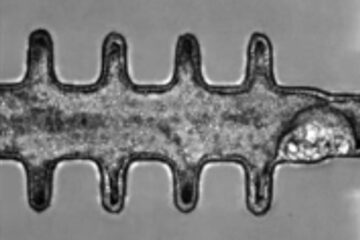Further debate needed over public engagement with science

Speakers at the event will challenge the view that the British public is ‘anti-science’ and will suggest instead that people are selective about embracing or rejecting particular technologies rather than totally turning their backs on all science.
The conference is the culmination of the £5.2 million Economic and Social Research Council (ESRC) funded Science in Society programme. Over six years, and through a total of 45 projects, the research programme has looked at many aspects of the complex relationship between science and wider society.
Professor Steve Rayner, Director of the programme, commented that “It is not as simple as saying that the British public is anti-science. The research programme found little evidence of an “anti-science” culture and in fact the British public are quick to adopt new technologies. There does however need to be care in the way risk around science is communicated to the public.”
One researcher from the programme, Professor Nick Pidgeon from Cardiff University, who focussed on public perceptions of science and risk and will be speaking at the conference, highlights: “In order to ensure that there is greater public understanding of science, especially in controversial areas, there needs to be more awareness of exactly how the public feels about these issues. One-way communication of these big issues such as BSE, embryo research and nanotechnology, does not work and instead we need to develop a more integrated and inclusive approach.”
As well as researchers involved in the Science in Society programme, Professor Arie Rip from University of Twente in the Netherlands will address the conference offering an international perspective on the role of science in society.
Media Contact
More Information:
http://www.esrcsocietytoday.ac.ukAll latest news from the category: Event News
Newest articles

Solving the riddle of the sphingolipids in coronary artery disease
Weill Cornell Medicine investigators have uncovered a way to unleash in blood vessels the protective effects of a type of fat-related molecule known as a sphingolipid, suggesting a promising new…

Rocks with the oldest evidence yet of Earth’s magnetic field
The 3.7 billion-year-old rocks may extend the magnetic field’s age by 200 million years. Geologists at MIT and Oxford University have uncovered ancient rocks in Greenland that bear the oldest…

Mini-colons revolutionize colorectal cancer research
As our battle against cancer rages on, the quest for more sophisticated and realistic models to study tumor development has never been more critical. Until now, research has relied on…





















